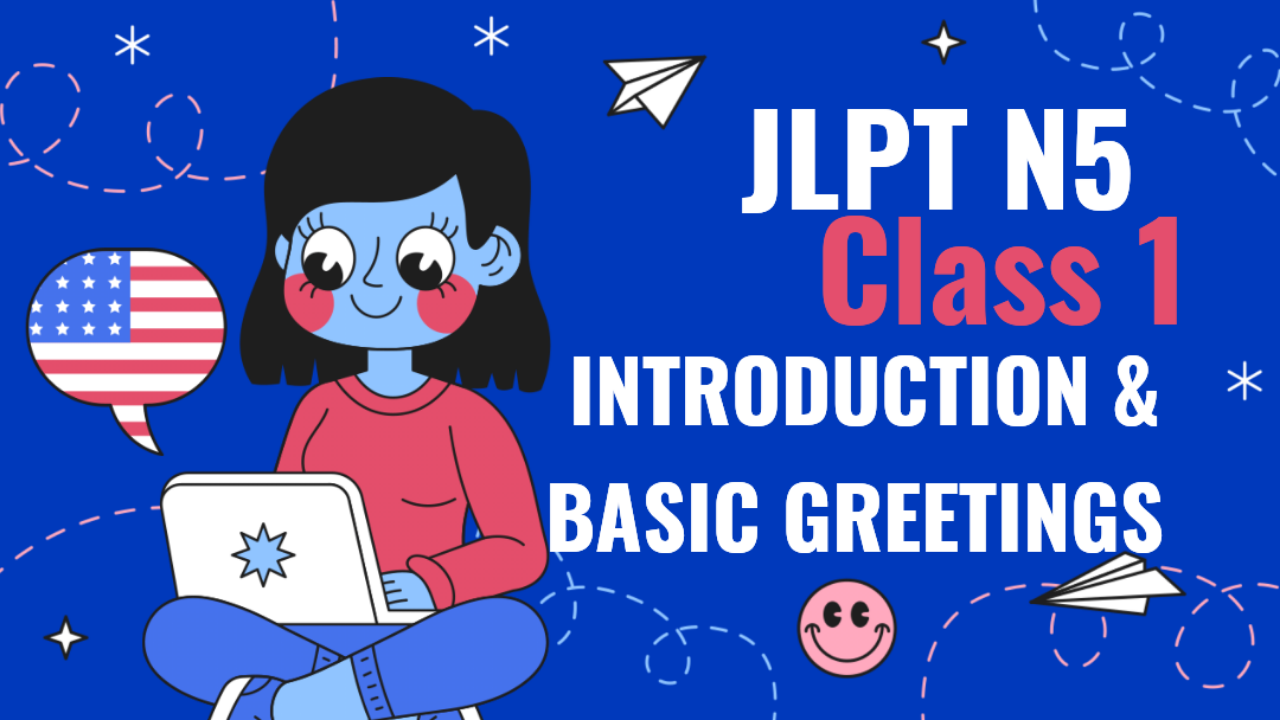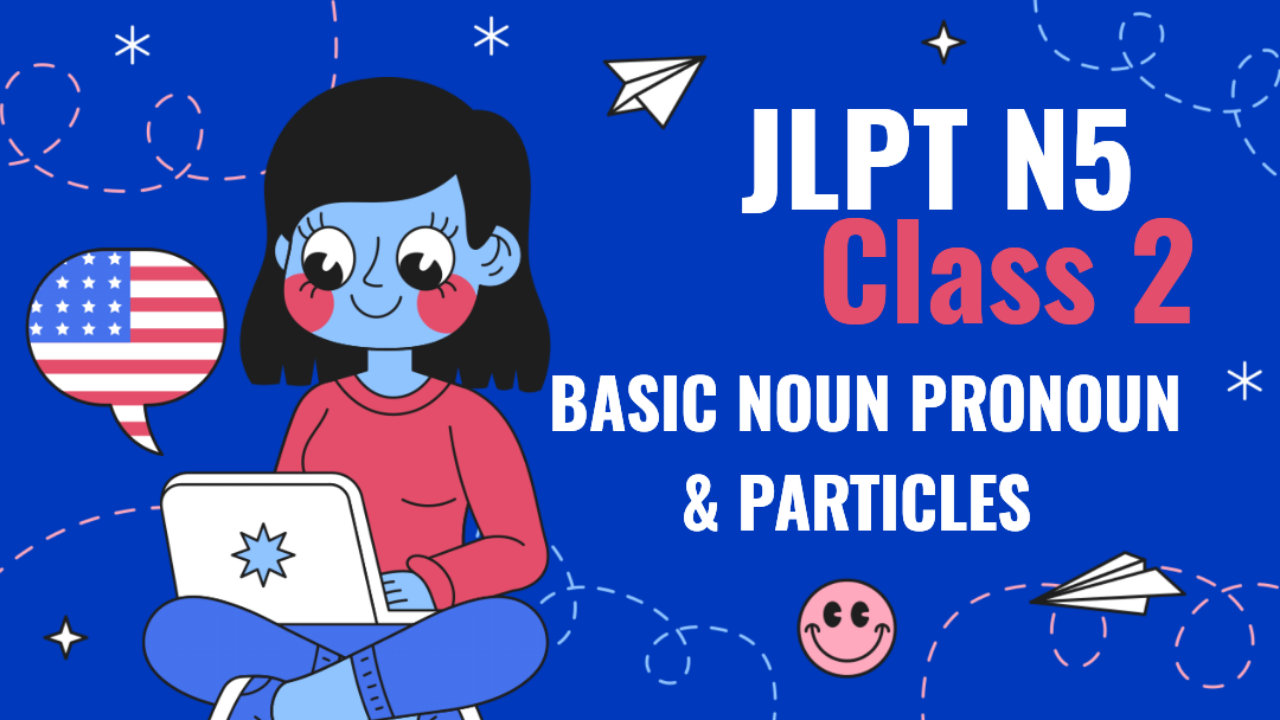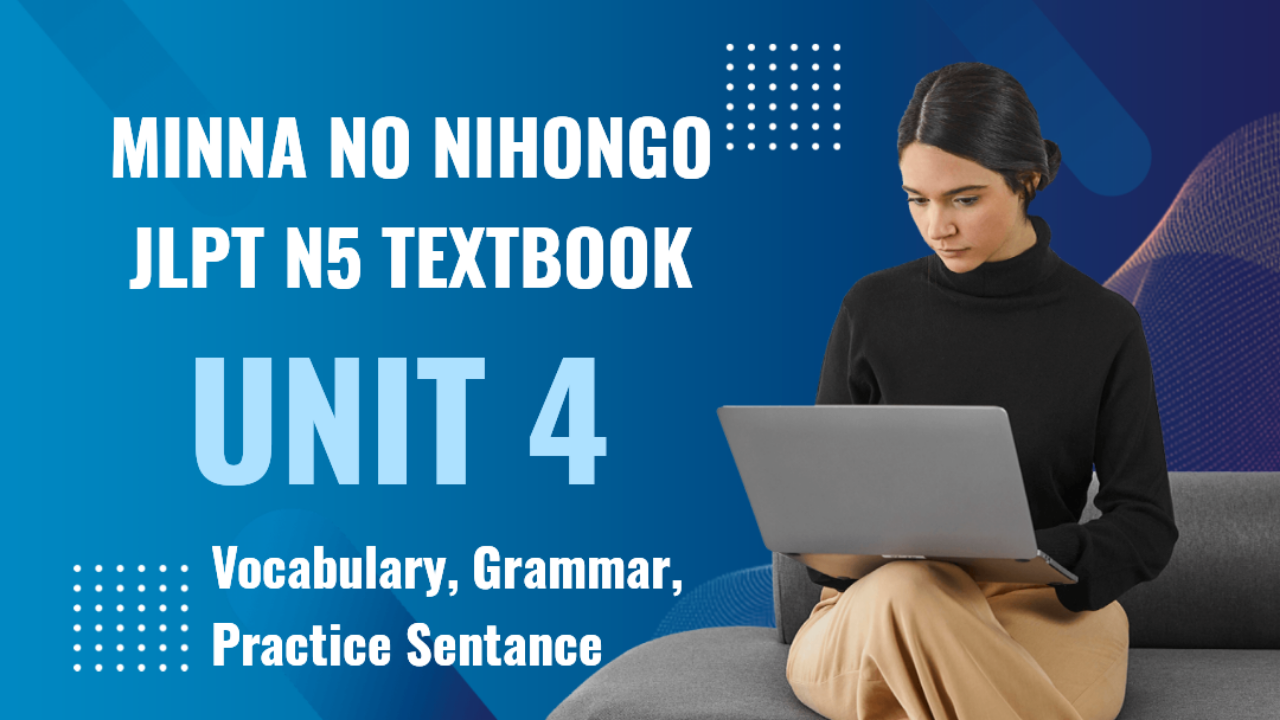Minna no Nihongo - Unit 15 Overview
Unit 15 introduces the conditional form using 〜たら, a versatile structure for expressing “if” or “when” conditions. In this unit, you'll learn how to form the たら conditional for verbs, adjectives, and nouns, and practice using it to describe both real and hypothetical situations.
1. Vocabulary (たんご)
Key vocabulary and expressions you might encounter when using the たら conditional include:
- もし – if (often used at the beginning of a sentence for emphasis)
- あめ (雨) – rain
- ふる (降る) – to fall (as in rain)
- たかい (高い) – expensive, high
- しずか (静か) – quiet
- べんきょう (勉強) – study
- えいが (映画) – movie
These words help create condition–result scenarios such as, “If it rains, I’ll stay at home” or “If it’s quiet, I will study.”
2. Grammar Points (ぶんぽう)
A. Forming the たら Conditional
-
For Verbs:
- Convert the verb into its plain past form (ending in 〜た), then add ら.
- Example:
- たべる (to eat) → たべた → たべたら
(If [someone] eats …)
- たべる (to eat) → たべた → たべたら
-
For い-Adjectives:
- Change the final い to かった and add ら.
- Example:
- やすい (cheap) → やすかった → やすかったら
(If it is cheap …)
- やすい (cheap) → やすかった → やすかったら
-
For な-Adjectives and Nouns:
- Use the past form by adding だったら.
- Example:
- しずか (quiet) → しずかだったら
(If it is quiet …) - がくせい (student) → がくせいだったら
(If [someone] is a student …)
- しずか (quiet) → しずかだったら
B. Usage of the たら Conditional
-
Structure:
[Condition たら], [Result].- Example:
- あめが ふったら、いえに います。
(If it rains, I will stay at home.)
- あめが ふったら、いえに います。
- Example:
-
Optional Use of もし:
- Precede the condition with もし for added emphasis or to express a hypothetical situation.
- Example:
- もし しずかだったら、べんきょうします。
(If it’s quiet, I will study.)
- もし しずかだったら、べんきょうします。
-
Versatility:
- The たら form is used for both definite conditions (when something happens) and hypothetical scenarios.
3. Example Sentences
-
あめが ふったら、いえに います。
(If it rains, I will stay at home.) -
もし たかいくるまだったら、かいません。
(If the car is expensive, I won’t buy it.) -
しゅくだいが わかったら、テストが うまく いく でしょう。
(If you understand the homework, the test will go well.) -
もし じかんが あったら、えいがを みませんか。
(If you have time, shall we watch a movie?)
4. Practice Sentences
-
もし しずかだったら、べんきょうします。
(If it’s quiet, I will study.) -
あめが たくさん ふったら、こうえんに いきません。
(If it rains a lot, I won’t go to the park.) -
ねむかったら、みんなで ねましょう。
(If we are sleepy, let’s all sleep.) -
もし くるまが たかかったら、かえりません。
(If the car is expensive, I won’t buy it.)
5. Summary
Unit 15 focuses on the たら conditional form, enabling you to express conditions and their consequences. By learning how to form たら with verbs, い-adjectives, and な-adjectives/nouns, you'll be able to discuss plans, give advice, and describe hypothetical situations in everyday conversation. Practice constructing sentences with both definite and hypothetical conditions to master this essential structure in Japanese.





















